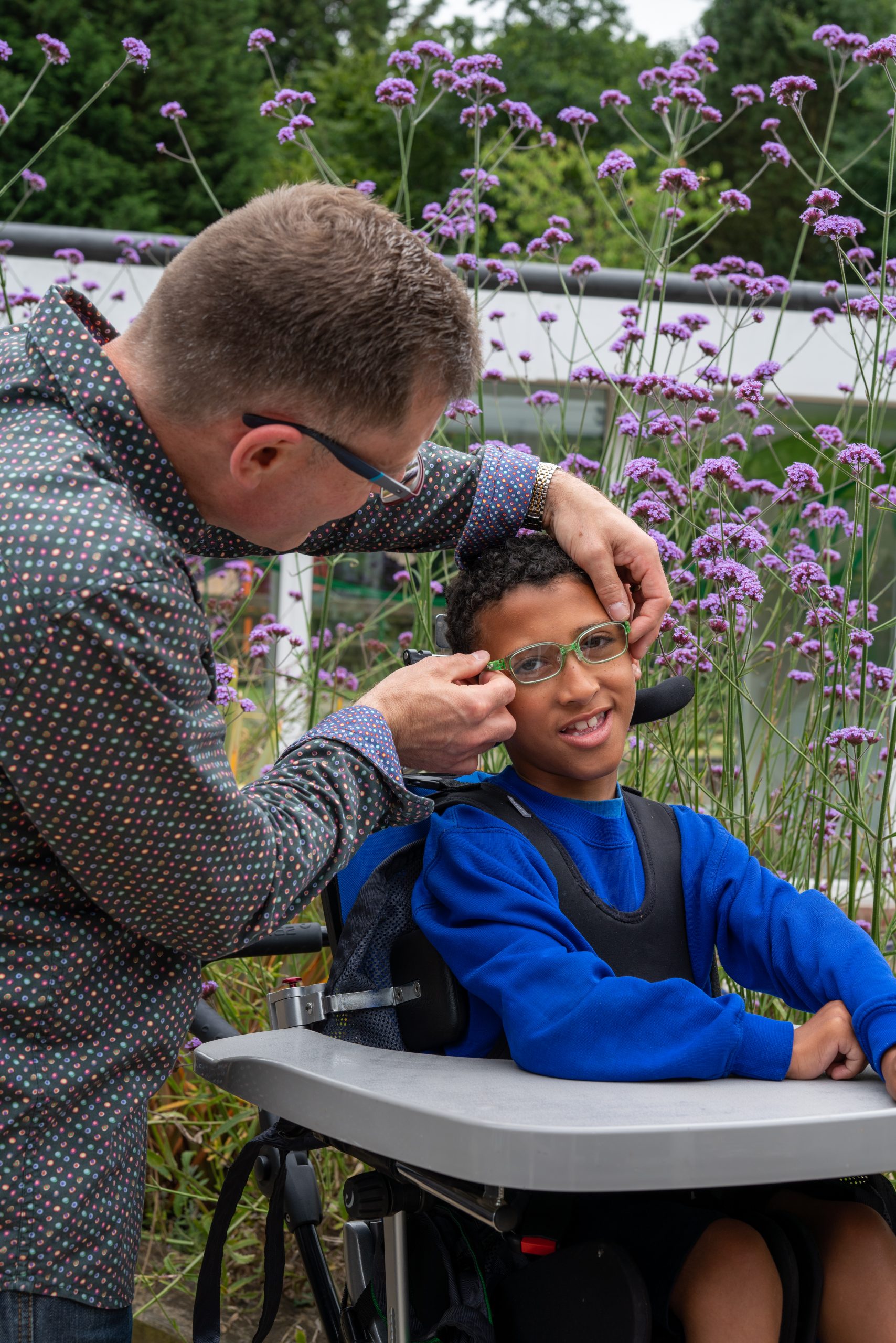Call for action on special schools eyecare service

Dispensing in special schools
Optical bodies, stakeholders and the charity sector are calling on NHS England (NHSE) to take action on a national programme of eyecare in special schools that ceased rolling out last summer.
The NHS England Special School Eye Care Service (SSECS) began rolling out in April 2019 after NHSE committed to its delivery, but the roll-out was stopped in August 2022 for an evaluation. It had by then reached 80 day special schools and three residential special schools supporting 9,000 children, according to sight loss charity SeeAbility.
“The service is now being characterised by NHS England as a pilot which will end on 1 August 2023, and only a commitment for residential special schools, so the future programme of work is now uncertain,” stated SeeAbility.
“This includes for children already getting the service in their day special school, and because it was promoted as a new long term Service, some hospital eye clinics have already discharged children to this support, which leaves their future eyecare uncertain. Any changes to the original NHS plan could now leave a massive gap in eyecare services for children and adults with learning disabilities.”
The Clinical Council for Eye Health Commissioning (CCEHC), to which ABDO belongs, has now written to NHSE heads – including the recently-appointed NHSE national clinical director for eyecare – expressing its concerns at the “delay and apparent lack of progress in the current evaluation process and subsequent commissioning of a long-term solution that supports those children who require such a service”.
The CCEHC has also expressed its concerns about any potential restriction of such a service to purely residential schools – saying this “would be a denial of service to children with identical needs but different social circumstances, notwithstanding the goals set out in the NHS Long Term Plan”.
It is calling on NHSE to commission a School Eye Care Service for children with special needs which:
• allows for appropriate adjustments to be made to facilitate the delivery of care in an environment best suited for each individual child;
• ensures equity of access to care whatever the needs of an individual child; and
• ensures that children are not forced to be seen, unnecessary for their care needs, by the Hospital Eye Service in a secondary care setting.
The CCEHC added that it was keen to continue a dialogue with NHSE on this issue, as well as provide information to feed into the evaluation.
ABDO clinical lead, Max Halford, said: “The ongoing uncertainty around the Special Schools Service is disappointing considering the huge amount of cross-sector work that went into creating this service.
“One of the crucial elements to ensuring the best possible care for this group of children was the dispensing model, and ensuring it was not reliant on the existing GOS voucher system we use in practices. This recognised the key skills the dispensing optician bought to the clinical care of these children – both at the point of dispense and ongoing.
“As part of the ongoing evaluation, dispensing opticians fed back the importance of the dispensing supply model – and we hope that ongoing conversations with NHS England will lead to an outcome which best cares for children in both residential and day schools.”
Images courtesy of SeeAbility.